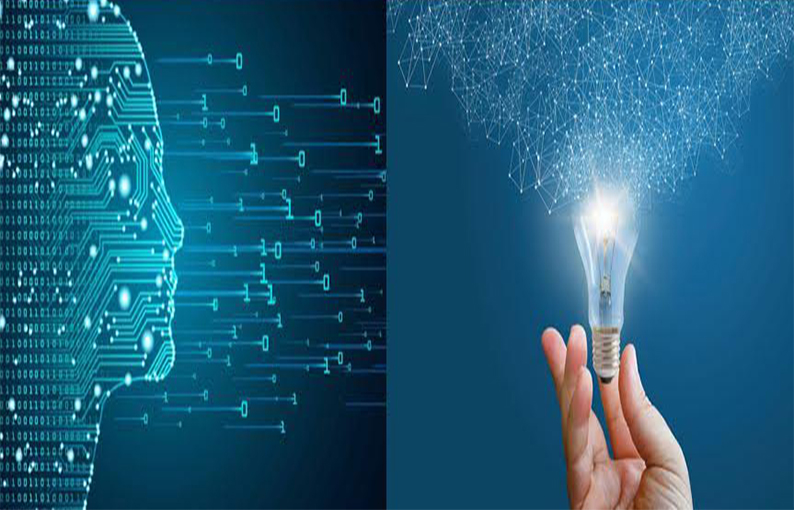GAIDZ MINASSIAN
The challenge is historic:
- For the first time since the origins of the Armenian people, a voice is raised to unite all Armenians around a common good: the Armenian state.
- For the first time in the history of Armenians, a voice is raised to renounce the partisan spirit and federate all Armenian potential in the service of a single cause: the sustainable development of the Armenian identity.
In the past, the process of building an Armenian identity was based on a monism in which all categories (religious, political, economic, social, cultural, etc.) overlapped. The religious is political, economic, social and cultural; politics is religious, economic, social and cultural.
The independence of these categories is an impossible undertaking due mainly to the absence of a tradition of sovereignty. And, the absence of the sovereign state prohibits the creation of autonomous spheres capable of self-regulating without the interference from other categories.
One man, Christapor Mikaelian, seized on the Armenian monism at the end of the 19th century, and tried to empower the categories and to favor the political above all others. The ascendency of the political sphere, above all others, embodies the ambition of the Armenian revolutionary movement for which the founding father of the ARF was primarily committed to. His concept was the “Federation” of men and ideas into a union. Being convinced that the proliferation of parties is not the solution – he never used the term “party” to refer of the ARF; but instead used the descriptions of “movement” or “organization”. Christapor Mikaelian spent his whole life working towards the unity of the revolutionary movements and promoted the return of the Hentchakian PSD within the ARF federation. He even proposed to change the name of the “ARF” to achieve this goal.
Christapor Mikaelian failed because of the ignorance of the Armenian elites and the laziness of his disciples; but the idea of the partisan took hold. No one until now has taken up the torch of the union and the unification idea.
The traditional Armenian parties coexist in a common memory space, while the new formations are one-man organizations that serve their personal and private interests disregarding the interests of the people.
In Armenia, parties are synonymous with empty shells and Armenians have rejected them.
Christapor left a legacy but no ARF leadership seized on it because of indifference, neglect or laziness. However, this idea of going beyond the traditional norm is today fundamental on different levels.
For the first time, there is an entity that is part of a non-partisan history of Armenian political life. The historical conception of Mer Oughin rejects the fragmentation of facts and ideological sectarianism. Mer Oughin does not validate this age-old tendency which consists of confusing History and ideology.
History is not an exclusive ideology; it is an inclusive social science.
On the national level, for the first time, there is an entity that is based on the sovereign state and the rule of law. This is the only guiding principle capable (if the Armenians grasp its meaning and scope), of transcending the political perspective towards the notion of the common good.
Religion and language cannot be the only Armenian common goods. The state must be the third stage of the rocket of national identity. And the state cannot be built on a post-Soviet neo-patrimonial regime as foolishly conceived by the three previous regimes (Levon, Robert, Serge) and their political supporters. The state is constructed on the idea of a social contract between the governors and the governed, between power and the civil society.
Finally, on the political level, the strength of Mer Oughin rests on the idea of going beyond current norms. Not on fixed and retrograde schemes of a single organization at the cutting edge of struggle.
All of the Armenian parties have failed due to their narrow-mindedness, inability to adapt and a mindset of self-righteousness. Openness, the power to adapt to the new world and dissatisfaction with ignorance, intolerance and inconsistency is the way forward.
The strength of Mer Oughin is this idea of federation inspired by Christapor Mikaelian. This Armenian genius knew how to associate the sense of integration of Durkheim with the power of nature of Hobbes.
Mer Oughin walks in his way…

